Whats with all the Round-Up?
jane__ny
11 years ago
Related Stories

FURNITUREUse Wicker and Rattan for a Tropical Flavor All Year Round
Find out more about what separates — and unites — these classic materials
Full Story
10 Ways to Round Up Some Texas Style
Get a Lone Star State feel minus the clichés with cool art, hipster vinyl and pieces with history to balance the look
Full Story
GREEN BUILDINGWhat's LEED All About, Anyway?
If you're looking for a sustainable, energy-efficient home, look into LEED certification. Learn about the program and its rating system here
Full Story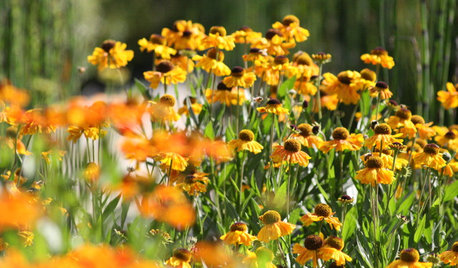
GARDENING GUIDESWhat’s in a Name? See 6 Wildflowers That Aren’t ‘Weeds’ at All
Dispel the stereotypes of weeds and try these wildlife-supporting native wildflowers in your garden
Full Story
KITCHEN DESIGNBar Stools: What Style, What Finish, What Size?
How to Choose the Right Seating For Your Kitchen Island or Counter
Full Story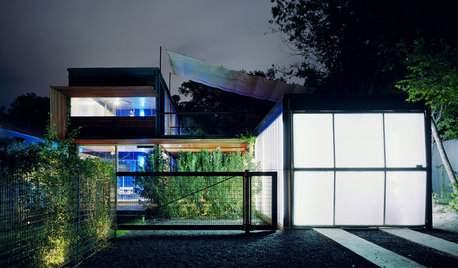
ARCHITECTUREWhat’s Fueling Austin’s Edgy Modern Architecture?
A look at the blossoming design scene in Texas’ capital city — and what’s behind all the experimentation
Full Story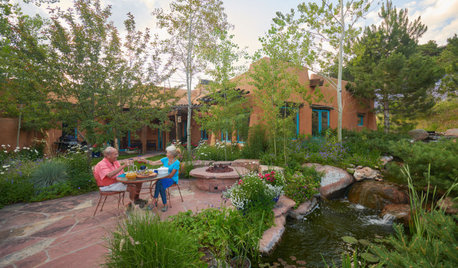
WORKING WITH PROSWhat Do Landscape Architects Do?
There are many misconceptions about what landscape architects do. Learn what they bring to a project
Full Story
Warm Up a Sunroom Year-Round
Turn your sunroom into a space you can enjoy through all four seasons
Full Story
DECORATING GUIDESPoppies Pop Up in Home Interiors
Sprinkle these bright blossoms throughout your house for springtime all year round
Full Story
DECORATING GUIDESEdit Keepsakes With Confidence — What to Let Go and What to Keep
If mementos are weighing you down more than bringing you joy, here's how to lighten your load with no regrets
Full Story





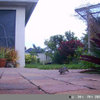
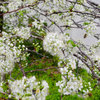
coffeemom
jenniferinfl
Related Professionals
West Milford Landscape Architects & Landscape Designers · El Segundo Landscape Contractors · Euclid Landscape Contractors · Kettering Landscape Contractors · Mastic Beach Landscape Contractors · Plymouth Landscape Contractors · Tigard Landscape Contractors · Aventura Decks, Patios & Outdoor Enclosures · Centreville Decks, Patios & Outdoor Enclosures · Lenexa Decks, Patios & Outdoor Enclosures · Mastic Decks, Patios & Outdoor Enclosures · Portland Decks, Patios & Outdoor Enclosures · Villa Park Decks, Patios & Outdoor Enclosures · Riverside Siding & Exteriors · South Glastonbury Siding & Exteriorsstarryrider
Carol love_the_yard (Zone 9A Jacksonville, FL)
tropicbreezent
carolb_w_fl_coastal_9b
coffeemom
starryrider
annafl
L_in_FL
sis3
zzackey
bamboo_rabbit
shuffles_gw
saldut
bamboo_rabbit
jane__nyOriginal Author
Michael AKA Leekle2ManE